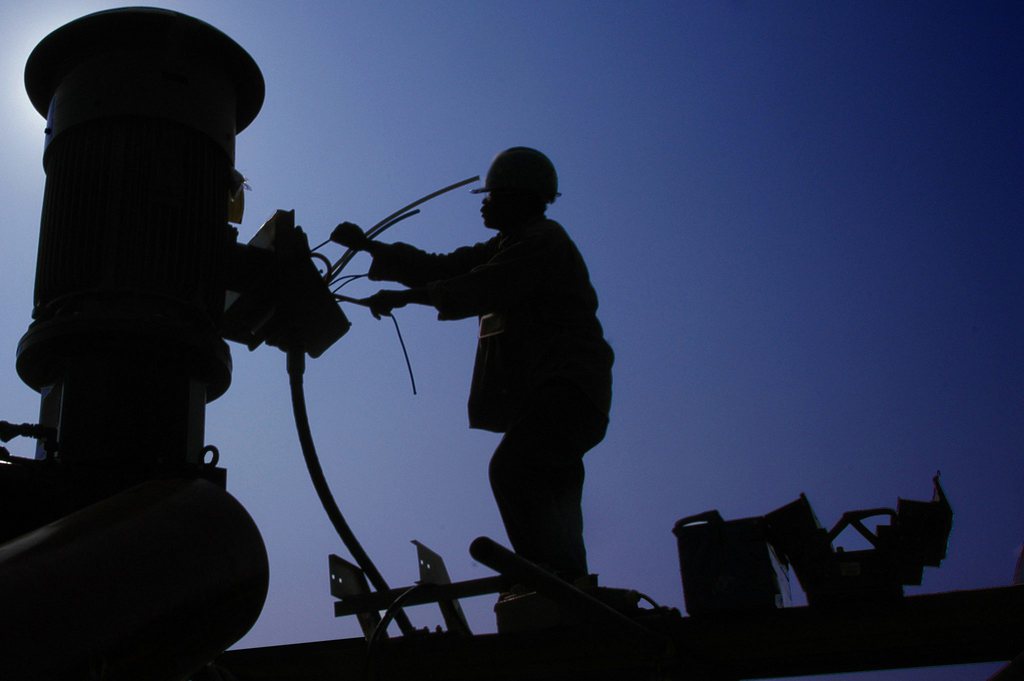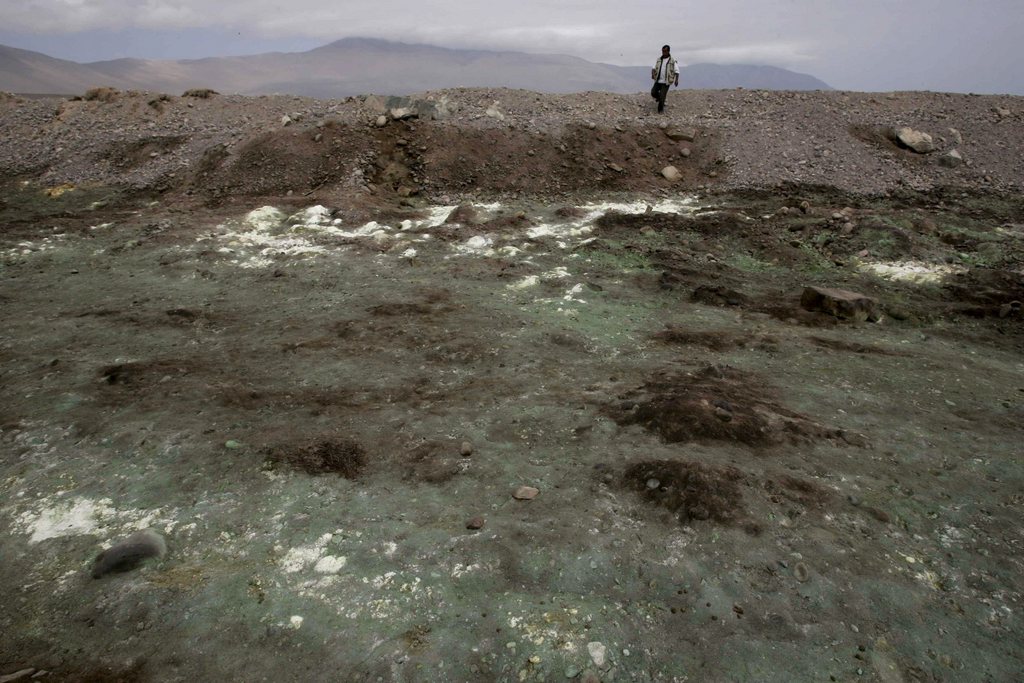Making an ethical choice on smartphones

Swiss NGOs have published an ethical ranking of computer and smartphone producers. It judges companies such as Sony and Apple on working conditions in their factories, along with the use of materials from conflict areas and their environmental record.
The ranking is a first in Switzerland and aims to equip consumers with the knowledge to make informed decisions.
“We want to change something, to contribute to people in China and Congo being able to live a decent life without putting themselves in danger in any way,” Daniela Renaud, project leader for the ‘High Tech – No Rights?’ campaign, put together by the two church charities, Bread for All and the Lenten Fund, told swissinfo.ch.
Data was gathered from two organisations, one working in China and one in the Democratic Republic of Congo (DR Congo).
It follows previous research carried out by the Swiss NGOs in 2008, though a ranking of this kind was not compiled at that time.
Ranking different aspects
Out of the ten technology companies in Switzerland with the biggest market shares that the research looked at, Hewlett-Packard performed the best, and HTC and ASUS, the worst.
HP was given a high ethical rating and came top in the rankings because of independent training courses given to employees on workers’ rights and their target for a real living wage for all employees. They also work together with trade unions and NGOs on a number of issues.
In terms of protecting the health of workers, Nokia was judged to be performing the best, and earnt its spot in second place.
Many companies made progress on environmental issues, particularly in reducing C02 emissions.
A number of key raw materials for high tech products come from conflict zones, and can fund violent groups. All of the companies in the rankings acknowledged this problem, but they took different approaches to dealing with it. Asus and HTC are backing a boycott of DR Congo, according to the campaign.
“It’s not helpful at all to solve the problem – the people living there have no income anymore and the state is losing a business,” said Renaud.
She prefers the approach taken by Apple, where conflict materials will only be taken from certified sources.
Undercover
“The workers are often forced to work in very short periods of time for a huge bunch of production orders….despite regulation we find they have overtime of 170 or 200 hours per month,” Pui-Kwan Liang, project leader at Students and Scholars Against Corporate Misbehaviour (Sacom), told swissinfo.ch
The organisation based in Hong Kong has been sending undercover investigators into Chinese factories where smartphones and computers are made since 2005, and also interviews workers.
Liang cites a long list of alleged problems in the factories including wages below a level that the workers can live off, students forced into working so-called internships that have nothing to do with their studies for fear of repercussions from their teachers, and the use of potentially dangerous chemicals.
“Workers were told they were using alcohol but they could tell from the colour or the smell that were working with something else,” she claimed.
It’s a similar story to conditions reported in the mediaExternal link in 2012 after a spate of suicides at Apple factories.
Sacom verifies the information they obtain in interviews with reports from their undercover teams.
And they support the ranking as a useful tool for progress.
“The consumer is the one that has the power to change this. They [producers] have to open up, disclose audit reports and show what is happening behind the brands,” Liang said.

In compliance with the JTI standards
More: SWI swissinfo.ch certified by the Journalism Trust Initiative












You can find an overview of ongoing debates with our journalists here . Please join us!
If you want to start a conversation about a topic raised in this article or want to report factual errors, email us at english@swissinfo.ch.